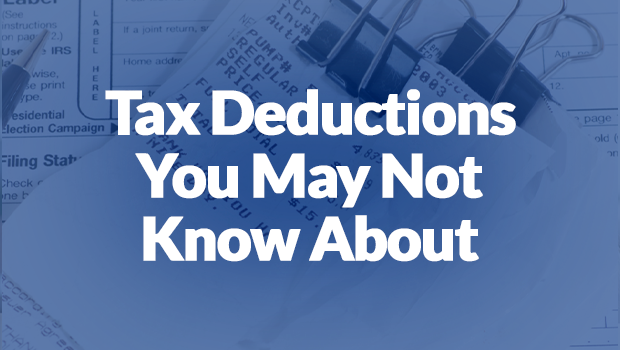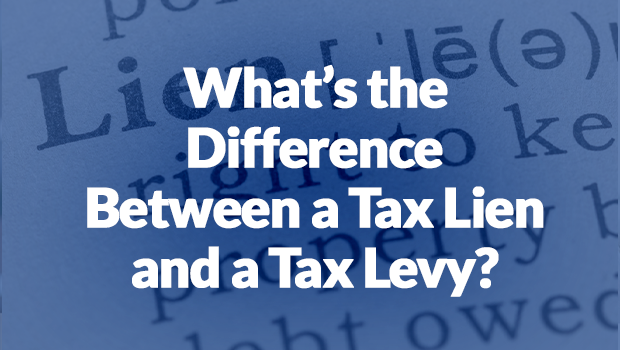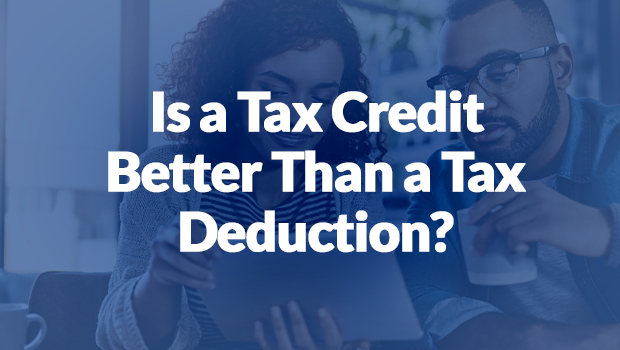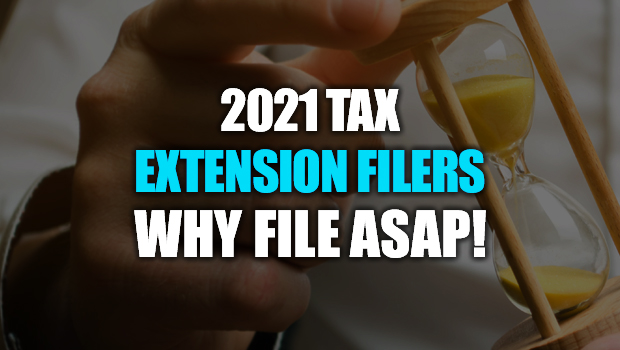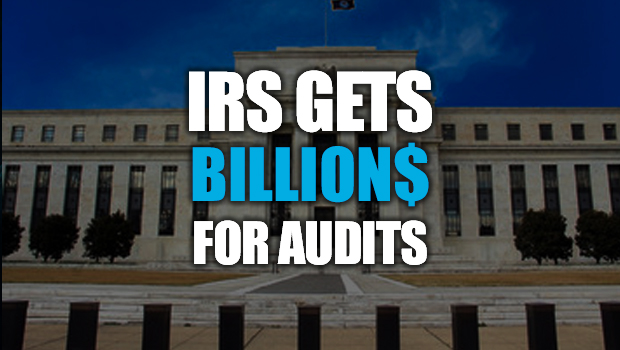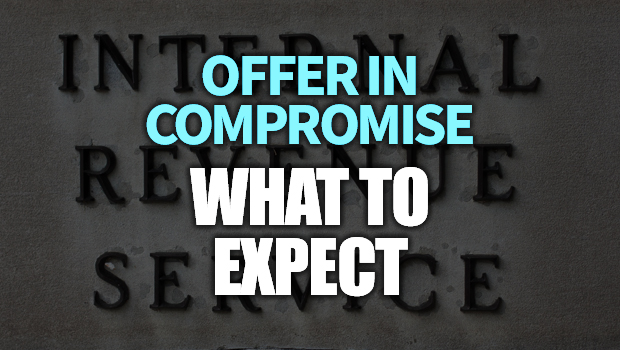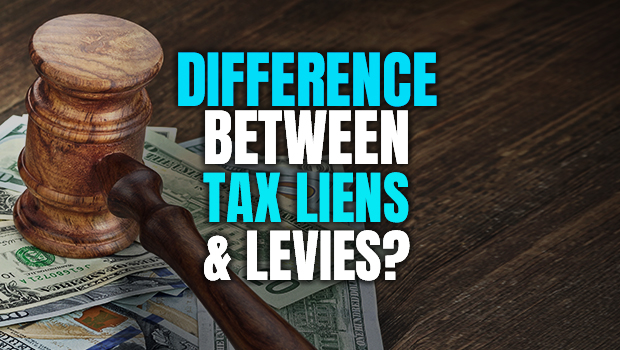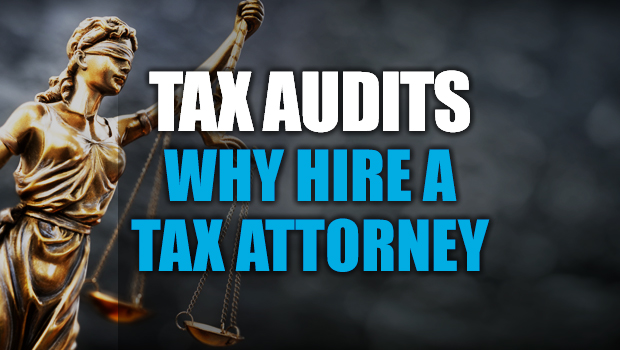If you have any experience with filing income tax returns, you probably have a general idea of what tax deductions are. Off the top of your head, you may know some of the more common deductions, such as the standard deduction, the charitable contribution deduction, and the mortgage interest deduction. But there are many others you could be eligible for, but don’t know about or fully understand. Let’s take a look at some of them in this month’s blog post.
Student Loan Interest Deduction
If you’re paying interest on your student loans, you can use some (or all) of the money spent on interest to lower your taxable income. For federal tax purposes, the money you spend on interest for your student loan payments is deductible, but only up to $2,500.
One of the nice things about this deduction is that it’s not an itemized deduction. However, you’ll only receive the full $2,500 deduction if your modified adjusted gross income is less than $70,000 ($145,000 if filing jointly). However, as long as your income is less than $85,000 ($175,000 if filing jointly), you may still be able to take this deduction, just not the full $2,500.
Medical Expense Deduction
One of the reasons you may not know about this deduction is that you probably won’t qualify for it unless you end up with some hefty medical bills. Generally speaking, you can only take this deduction for a tax year if you have unreimbursed medical (including dental) expenses that exceed 7.5% of your adjusted gross income for that tax year. These expenses can be deductible for not just your medical expenses, but also those of your spouse or dependent.
Deduction for Gambling Losses
Losing money at the casino or on a sports game is never fun, but there’s some consolation in the fact that some of your losses may be tax deductible. But before you start placing your bets, you need to understand that the deduction only applies to the extent of your winnings. In other words, the amount of your gambling deduction cannot exceed your gambling winnings.
For example, if you placed five $100 bets during March Madness and lost on all five of those bets, you don’t get to take a $500 tax deduction for your gambling losses. However, if you won two of those bets and lost three of them, then you could take a $200 gambling loss deduction (and not a $300 deduction). Another thing to consider is that you can only take this deduction if you itemize your deductions.
Another important consideration about this deduction is the need to detailed and complete records. You’ll want to document each bet, including how much you spent (including any fees), your wins/losses, as well as the source of the money used for the bets.
Deduction for Retirement Contributions
If you’re diverting some of your paycheck into an eligible 401(k) or traditional IRA retirement account, then some (or all) of what you’re saving could be tax deductible. With a traditional IRA, you’re limited to making contributions that don’t exceed the lesser of your total income for that year or $7,000 (if you’re under 50) and $8,000 (if you’re 50 and older).
With a 401(k), your deduction is not a deduction in the traditional sense. Rather, those contributions to your 401(k) get taken out of your paycheck before you even see the money. So you’re not claiming the contributions as a deduction later on in March or April when you prepare and file your taxes for the prior tax year. This is not only easier on you when you file your taxes, but you get the tax benefit immediately as the 401(k) contribution lowers your income subject to income tax withholding by your employer.
Health Savings Account Contributions
If you make contributions into a qualified health savings account, or HSA, the contributions you make directly into your HSA may be tax deductible.
Deduction for Expenses Incurred as a Self-Employed Worker
Contractors and freelancers can deduct certain expenses they incur as a result of their work. Some of these include money spent on home office expenses, health insurance premiums, continuing education costs, vehicle mileage, self-employment taxes, and office supplies.
Education Expense Deduction
Eligible teachers and educators can deduct up to $300 spent on classroom and teaching supplies.
Bottom Line
Tax deductions offer a great way to lower your tax bill, but they often have special conditions or limitations. You may also need to itemize your taxes to take advantage of them. To learn more about how these deductions work and whether it may be worth taking them, speak with your tax professional. If you take one or more deductions when you’re not supposed to, you could find yourself in trouble with the IRS.
Kienitz Tax Law is here to help you with your tax issues. Schedule your FREE consultation today!

